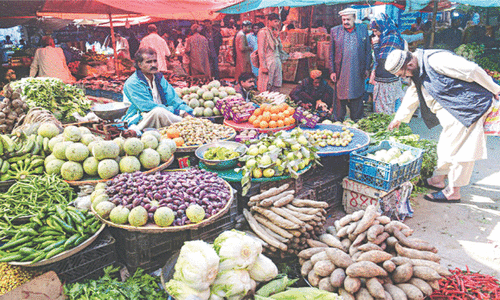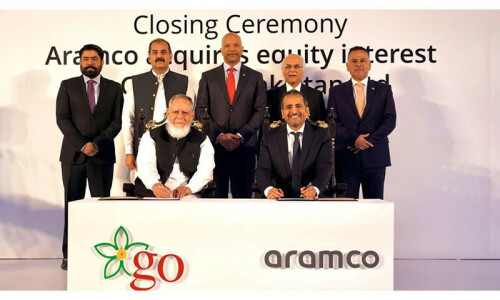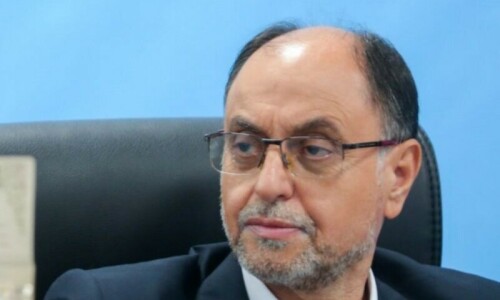KARACHI, Dec 28: The Federation of Pakistan Chambers of Commerce and Industry (FPCCI) wants the government to negotiate for 50 per cent co-efficient under Swiss formula for Non-agriculture Market Access (NAMA), in order to maintain current level of protection being given to domestic industry under applied tariff of 25 per cent.
If Pakistan goes for 30 per cent co-efficient, as had been suggested for the developing countries in the Hong Kong Declaration, the FPCCI fears that it would bring down applied tariff rates to around 18.75 per cent which will hurt the domestic industry by cheaper imports.
Engr M A Jabbar, Incharge FPCCI WTO resource centre, who attended WTO’s Sixth Ministerial Conference at Hong Kong, talking to Dawn said that Hong Kong declaration in respect of NAMA for protecting tariffs has agreed to adopt a Swiss formula with applying co-efficient at level, which shall reduce tariffs of developing and developed countries.
Similarly, Pakistan had also tabled a formula in NAMA suggesting application of Swiss formula for tariff reduction with a co-efficient of 30 for developing countries and 6 for developed countries.
However, Hong Kong declaration mentions that in context of debates among member countries of WTO, besides, the co-efficient of thirty, some developing countries demanded higher co-efficient to give higher level of protection to their domestic industry.
Mr Jabbar is of the view that if we fix co-efficient at thirty as being suggested by our negotiators, it will further bring down our applied rate from 25 per cent to 18.75 per cent and this will reduce the protection level to the domestic industry. He feared that this would stop further industrialization in the country as no industry would like to expand its investment where minimum protection was not available.
He further said that in case the co-efficient of 20 is taken as being desired by some developing countries, like Indonesia, this would result in tariff reductions to the level of 13.33 per cent and this will apply to protect our existing and future industry manufacturing products of non-agriculture origin.
Therefore, Engr Jabbar strongly suggested that our negotiators, during concluding of Doha Round at Geneva early next year, should strive for a co-efficient of fifty (50x50=2500 divided by 100, which ensure that our applied tariff rates remain at 25 per cent. He said India sought co-efficient of over 50 in the HK talks to protect its domestic industry.
Before going to Geneva, he said, our negotiators should analyze the impact of lower tariffs on sub-sector of industry and also determine the rate of slow growth in industry in case tariffs are further reduced. There is a need to identify industries, which need protection and Pakistan can always adjust its tariffs because under Uruguay Round our bound tariff stands at 50 per cent.
But there is a greater need that our applied tariffs should not come below the current level of 25 per cent as this will have direct negative impact on industrial growth of the country.
Mr Jabbar said that export of manufacturing sector other than textiles, including non-agriculture products during 2004-05 stood at around $3 billion, which is about 33 per cent of export value of textile at $8.5 billion. This means that Pakistan also needs to protect the industry which produces export goods.
He said that the simulated models in consultation with the private sector stakeholders on the impact of tariff reduction against competition from overseas in similar products will help in providing guidance to our negotiators at Geneva.
A just and fair tariff protection, he said, was necessary, if we have to keep the share of locally manufactured goods in domestic markets competing with imported goods. Without industrialization, he said, the country could not ensure employment, and seek technological advantages and know how in this modern world.
Mr Jabbar said that the HK declaration seeks a balance between NAMA and agriculture issues and wants the negotiators to ensure that there is a comparably high level of market access for agriculture and NAMA. Therefore, he said the negotiators should properly do their home work before entering into negotiations in Geneva next year.














































Dear visitor, the comments section is undergoing an overhaul and will return soon.